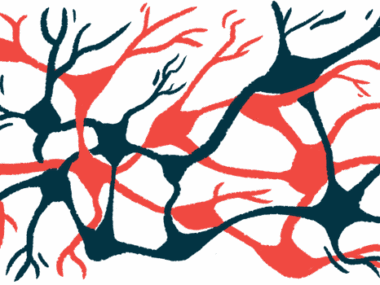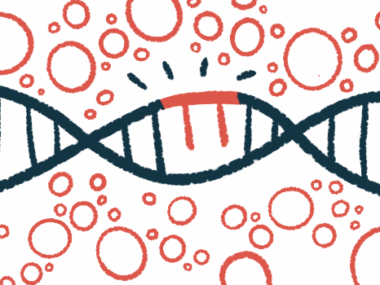Evrysdi OK’d for presymptomatic babies under 2 months in Japan
OK follows treatment's approvals for SMA in US, Europe
Written by |

The Ministry of Health, Labour, and Welfare (MHLW) in Japan has extended the approval of Evrysdi (risdiplam) for infants genetically diagnosed with spinal muscular atrophy (SMA) who are younger than 2 months and haven’t yet had symptoms.
With this extension, the treatment is now available for patients of all ages in Japan, from newborns who are presymptomatic to older adults. Evrysdi is already approved for children younger than 2 months in the U.S. and Europe. The extension includes an additional dosage indication for this patient population of 0.15 mg/kg per day, which is the same as the U.S.
“We are very pleased that with this approval we can now deliver Evrysdi to people with SMA of all ages after birth, regardless of symptom onset,” Osamu Okuda, PhD, president and CEO of Chugai Pharmaceutical, said in a company press release. “SMA treatment is expected to maximize its effect when intervention begins at an earlier stage. We are confident that this approval will allow Evrysdi to contribute even more to SMA treatment.” Chugai is a subsidiary of Roche, Evrysdi’s developer, that commercializes the therapy in Japan.
SMA is caused by mutations in the SMN1 gene that cause a deficiency in the production of SMN protein. This leads to the gradual degeneration of motor neurons, the nerve cells responsible for voluntary muscle movements. Since motor neuron loss can start even before symptoms appear, early diagnosis through newborn screening and timely intervention are crucial for improving outcomes.
Approval based on RAINBOWFISH study
Evrysdi is a liquid solution taken by mouth or feeding tube, once daily. It modulates the activity of the SMN2 gene, which also encodes SMN — but usually contributes to producing small amounts of a functional protein — therefore allowing more of the protein’s production. It previously was approved for all types of SMA for patients aged 2 months.
Ths extended approval was supported by data from the Phase 2 RAINBOWFISH trial (NCT03779334), which enrolled 26 newborns, from birth to 6 weeks of age, who’d been genetically diagnosed with SMA but hadn’t yet had symptoms.
Interim data showed the first five babies treated with Evrysdi for at least a year retained their ability to swallow, were able to feed exclusively by mouth, and didn’t require permanent breathing support. Most reached motor milestones such as crawling, standing, and walking.
Of the 26 babies, 81% were able to sit independently for 30 seconds, including those with evidence of motor neuron dysfunction, and most could stand and walk. Also, the children’s cognitive skills were typical of normal development after a year.
Evrysdi’s safety profile in this patient population was similar to that in older patients, with most side effects not considered related to treatment.
Roche announced this year that it intended to apply in the U.S. and Europe for a new tablet formulation of 5 mg Evrysdi for patients aged 2 and older who weigh at least 20 kg, or 44 pounds. If approved, the therapy could be stored at room temperature and administered without needing doses to be measured, providing additional treatment choices.




